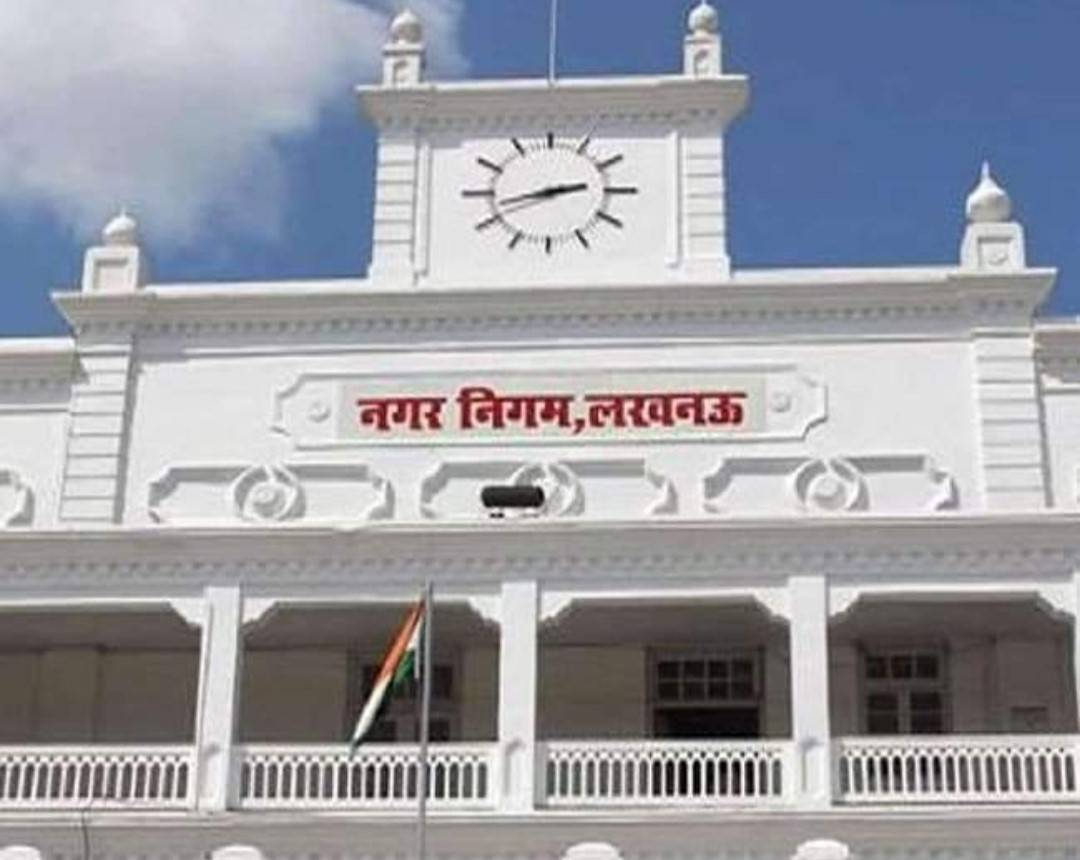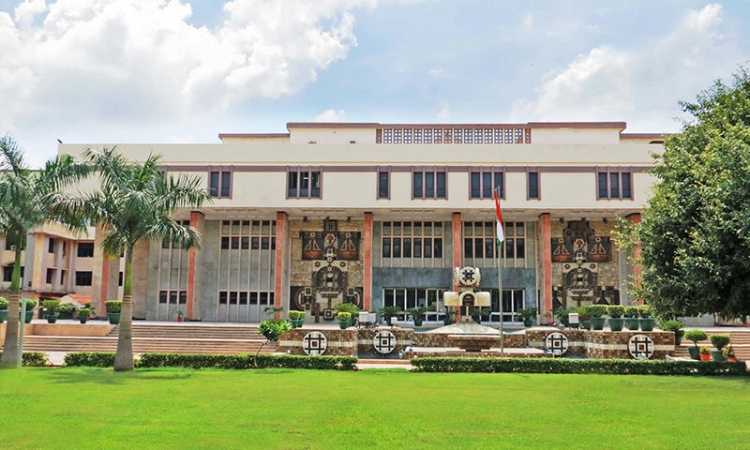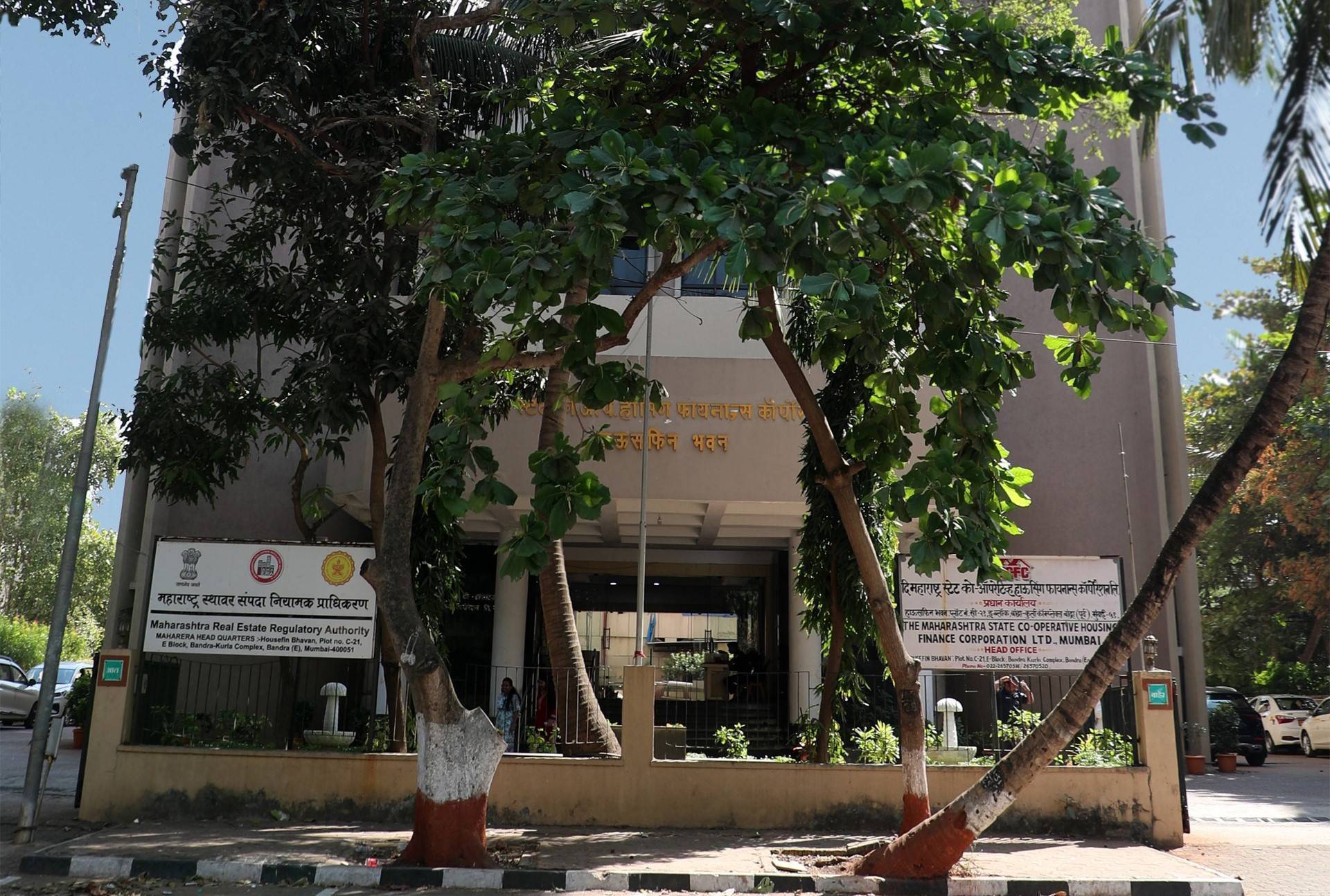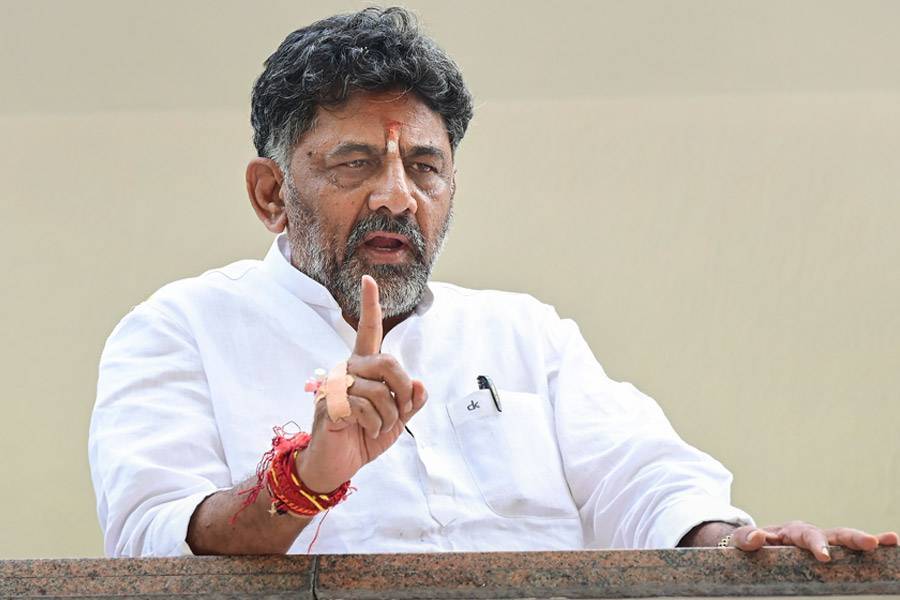The Karnataka government is moving ahead with the creation of the Greater Bengaluru Authority (GBA), which is scheduled for launch on September 2, 2025. The new entity will replace the Bruhat Bengaluru Mahanagara Palike (BBMP) with five municipal corporations aimed at decentralising administration in the rapidly growing city. Draft orders have already been issued, objections reviewed, and the final notification is expected before the end of August.
The BBMP headquarters, a landmark building that has been the city’s municipal centre since 1947, is being renovated to serve as the office of the Chief Minister, who will function as Chairperson of the GBA. The Urban Development Minister, who will take charge as Deputy Chairperson, will operate from the refurbished Deputy Mayor’s office within the same premises. The headquarters will house the authority’s key departments including revenue, climate action, and administration, while additional BBMP-owned properties and annexes are being converted to accommodate offices for various municipal functions.
Under the new structure, five corporations, Bengaluru East, West, North, South, and Central, will be established. Each will be allocated dedicated office spaces such as the 12-storey Utility Building on MG Road, Govindaraja Kanaka Bhavan, Shakti Soudha in Yelahanka, and a proposed new complex in Banashankari. The restructuring will also see the number of administrative zones increase from eight to ten, with BBMP staff reassigned to the respective corporations for operational efficiency.
Revenue management, including property tax collections and outstanding arrears, will be divided among the corporations in proportion to their jurisdictions. Liabilities owed to contractors, estimated between ₹1,800 crore and ₹2,000 crore, will also be apportioned based on where the works were carried out. A detailed financial and administrative report has already been prepared to support this transition.
The move is being positioned as a significant reform to improve urban governance and service delivery in Bengaluru, which has faced increasing challenges in infrastructure, waste management, and civic planning due to rapid population growth. With decentralised corporations under a single umbrella authority, the state government expects faster decision-making and improved accountability at the local level.









.png)